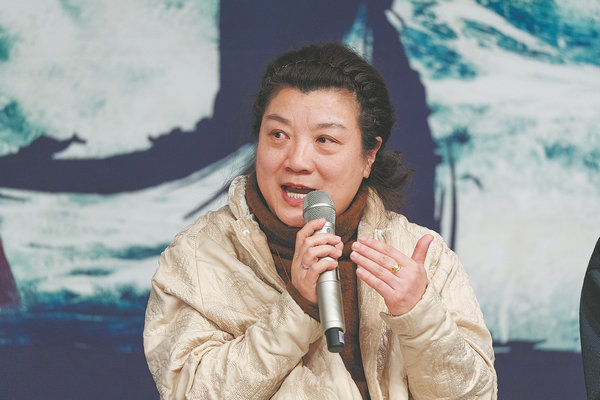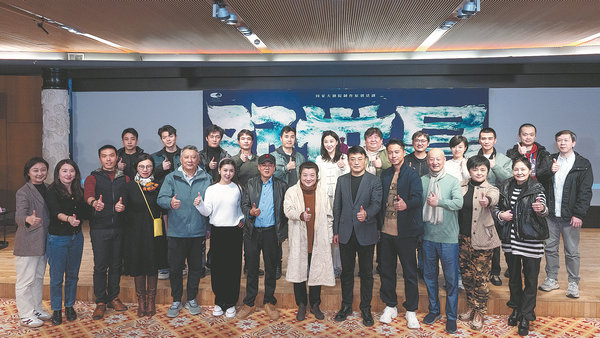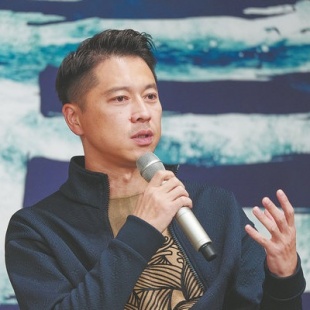Production honors heroic naval officer


The story of a heroic naval officer is to be staged at the National Centre for the Performing Arts in Beijing. Deng Shichang (1849-1894) lived in the late Qing Dynasty (1644-1911) and was best known for serving in the Beiyang Fleet during the Sino-Japanese War (1894-95) as captain of the cruiser Zhiyuan.
Written by Li Baoqun and directed by Wang Xiaodi, the play, titled Deng Shichang, will premiere on April 27, with shows running till May 4. Wang Lei, an actor with the Beijing People's Art Theatre, will play the role of Deng.
"In history books, we read Deng Shichang's story and picture the hero in our minds. On stage, we could portray the hero's story vividly through actors, actresses, stage sets and visual effects, bringing him back to life again through this play," says Wang.

The scriptwriter researched Deng by visiting the Museum of Foochow Arsenal 1866 in Fuzhou, Fujian province, where he learned about the history of the arsenal established by general Zuo Zongtang in 1866, which marked the beginning of a series of moves to strengthen China and its military forces. It was the birthplace of the country's first maritime training school, where Deng studied in 1867.
Li also went to the Deng Shichang Memorial Hall in Guangzhou, Guangdong province, and the Museum of the Sino-Japanese War in Weihai, Shandong province, to collect material for the script.
"I talked to scholars and descendants of Deng, hoping to get a full picture of the hero," says the scriptwriter, adding that the play follows Deng's lifetime from his teenage years in Guangzhou, his training in the school in Fuzhou, his career with the Beiyang Fleet, based in Weihai, and his death.

In 1880, Deng joined the fleet, which was established by the Qing Dynasty government in 1871 as one of four modern Chinese navies at a time when the dynasty was facing crises and launched a series of reforms. The Qing Dynasty government at the time was corrupt. A huge fortune was spent on a spectacular birthday celebration for the Empress Dowager Cixi. As the coal for battleships was running out, the chief commander Ding Ruchang (1836-95) had to write several letters asking for more resources.
When the Sino-Japanese War, which is called the Jiawu War in Chinese, broke out, the Qing Dynasty's naval forces were badly damaged by the Japanese, including the Zhiyuan. Deng and more than 200 officers and crewmen went down with the cruiser.
"We went to the island of Liugongdao (in Weihai), which was the headquarters of the Beiyang Fleet. It was once the most powerful fleet in Asia, with battleships and cruisers bought from Europe and sailors trained there. When the play's creative team stood on the island, we all fell silent," says the director. "The play is about Deng Shichang, a young man who was full of ambition, determination and who loved his country, and we also want to deliver messages beyond that. The war caused so much damage to the Chinese people. We want to show the history and how heroes like Deng safeguarded the dignity of the country."
The play marks the 130th anniversary of the Sino-Japanese War.
Deng Shichang is the second play based on Chinese historical figures by the NCPA. In 2019, the venue staged the story of Lin Zexu, a Qing Dynasty scholar and official, who was sent by the emperor to Guangzhou in 1838 to stop the illegal import of opium by the British, according to Li Jin, vice-president of the NCPA. Wang Xiaodi was also the director of the play, Lin Zexu.






































